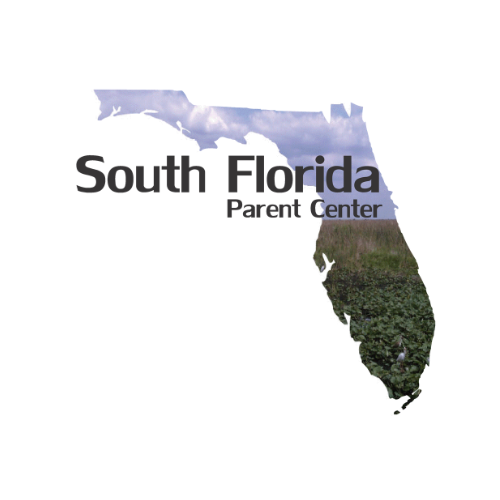Imagine an IEP meeting where everyone is in agreement. A meeting where the only time money is mentioned is when the group thanks you for buying the snacks you brought with you. Imagine a meeting where you feel good about your child being part of the school he or she is attending, and grateful for all the professionals that are working with your child. Sound like a fairy tale to you? Well from my own experience I can say it can be a reality.
 What it takes to make that happen may have to start with your approach to the meetings themselves and where your first contact came from when seeking information about the process.
What it takes to make that happen may have to start with your approach to the meetings themselves and where your first contact came from when seeking information about the process.
Parents seek the information initially to be able to understand what it is we have to do now that we are parents of children with disabilities.
Unfortunately there is so much negative adversarial history that gets passed along with that information. Procuring services for your child is dependent on following the procedural process and nothing else. (10 Basic Steps in Special Education)
Allowing yourself to become emotional only hinders the process and doesn’t benefit anyone.
IDEA has in place safeguards to the procedural process, and those are what you use if you disagree. (Introduction to Procedural Safeguards) When utilizing them, there is absolutely no reason not to be nice and respectful toward others.
Venting your frustrations on others may make you feel better but it really serves no purpose on outcomes, but rather hinders them.
It is time to stop fighting and bickering and collaborate, remaining child focused. The very first thing is to learn the procedural process set forth in federal law and if you believe it is not being followed then simply exercise your procedural safeguards, as is their purpose, and move on.
It is in your best interest, and that of your child, to build strong positive relationships with your child’s teachers, school and school District. (Dispute Resolution in Special Education) IEP meetings are held at least once per year. (All About IEP) For your child to be successful requires a greater degree of involvement than just coming to a meeting once a year. (Encouraging the Involvement of Parents)
I am aware of the rigors faced by parents just trying to get through from day to day, and how difficult that can be. If you can find the time to be involved in as many aspects of your child’s school as possible the rewards come back tenfold in the gains your child will make and the personal satisfaction you will have of being part of the whole community. (The Impact of Parent Involvement)
Accept the fact that without your presence in the decision making process you are not going to be a consideration. Although unplanned and incidental the actions you take on behalf of your child will also impact others as well. This makes collaboration not only the best way to achieve the desired outcomes, but also the best legacy you can leave for those coming behind you. (Dispute Resolution Resources)
Collaboration on all levels in a positive fashion brings on long lasting change for all children. When you are identifying needs you are also looking at resources available to create solutions. Become part of that positive change for children by participating year round in all educational aspects within a school system. For change to occur you have to change the way people think starting with yourself.
I have long stated that the single largest untapped resources in public education are  parents of children with disabilities
parents of children with disabilities
Public schools are what we make them and your involvement as a parent will be the catalyst to keep public education alive. There is a growing trend toward privatization and specialization in education. I feel that if some had their way once a year you would receive a check for your free education and be required to go forth and broker those services. It would be nice if the world and life in general was compartmentalized in this fashion, but it isn’t.
Public schools represent the diversity of the community in which you live. The schools are where we acquire the fundamental building blocks for participation in society. It is where we learn to socially interact and coexist with tolerances. Purposeful segregation denies any opportunity to foster tolerances and acceptance in a class room, in a school, or in a community.
Be the difference for positive change for everyone and become involved!
